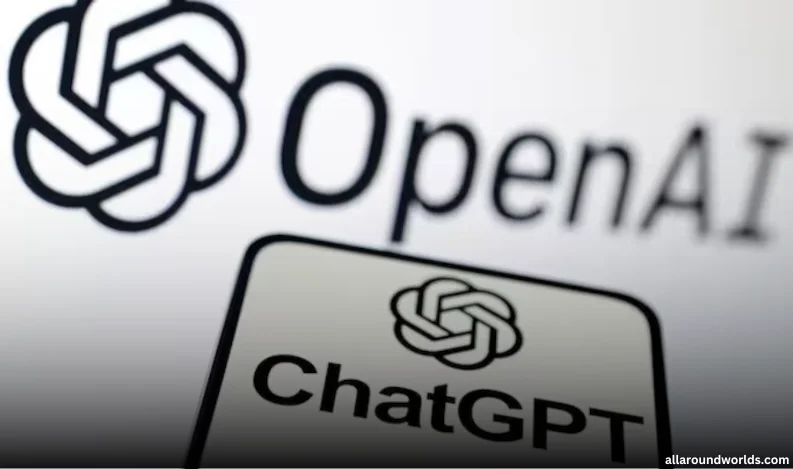
OpenAI Warns US Could Lose AI Race to China Without Copyright Reforms
OpenAI has issued a stark warning to the U.S. government, cautioning that America risks falling behind China in the artificial intelligence (AI) race if copyright laws continue to restrict AI training. The company argues that while Chinese developers reportedly enjoy unrestricted access to copyrighted data, American firms face mounting legal barriers that could stifle innovation.
Copyright Restrictions Threaten U.S. AI Leadership
In a statement to the U.S. Trade Representative (USTR), OpenAI emphasized that the disparity in data access could significantly benefit China. The company believes that the People's Republic of China (PRC) is leveraging copyrighted material for AI development, while U.S. firms are limited by legal restrictions.
"If the PRC’s developers have unfettered access to copyrighted data while U.S. companies do not, the race for AI is effectively over," OpenAI stated. "We risk ceding ground in a critical technology while gaining little in the way of protections for the original IP creators."
The remarks come as part of OpenAI’s recommendations on U.S. President Donald Trump’s AI Action Plan, which aims to shape America’s strategy in artificial intelligence. The company has urged the administration to shift its stance on copyright laws to support AI companies in their training processes.
China’s AI Surge Raises Alarm in the U.S.
The urgency of OpenAI’s concerns has been underscored by China’s rapid advancements in AI. The recent rise of DeepSeek R1, a Chinese AI model that surpassed OpenAI’s ChatGPT in the Apple App Store rankings, signals growing competition. OpenAI warned that America’s lead in AI is narrowing, calling for immediate policy reforms to ensure continued dominance.
The company is pushing for:
- "Freedom-focused" copyright policies that would define AI training as "fair use" under U.S. law.
- More accessible training data for AI companies to maintain America’s competitive edge.
- A balance between innovation and IP protection, ensuring that AI models transform copyrighted works rather than replace them.
Legal Challenges and Global Implications
Despite OpenAI’s push for relaxed copyright regulations, the company faces multiple lawsuits from media outlets, artists, and international organizations over alleged copyright violations.
- In the U.S.: Several news organizations and creative artists have accused OpenAI of using copyrighted content without proper licensing.
- In India: Media firms and music platforms have taken legal action against OpenAI for allegedly training AI models on copyrighted material without permission.
The AI debate also carries significant geopolitical implications. OpenAI insists that the U.S. must lead in "democratic AI" by fostering domestic AI innovation and exporting American technology globally. The company argues that a more open data policy would accelerate advancements while preventing authoritarian regimes from dominating AI development.
What’s Next for U.S. AI Policy?
The Trump administration’s AI Action Plan is expected to address these concerns, but it remains uncertain whether policymakers will adopt OpenAI’s recommendations.
While tech leaders advocate for greater AI freedoms, lawmakers face pressure from content creators and copyright holders who seek stronger protections. The outcome of this debate will determine whether the U.S. can maintain its technological dominance or whether China will gain the upper hand in the global AI race.



Recent Comments: